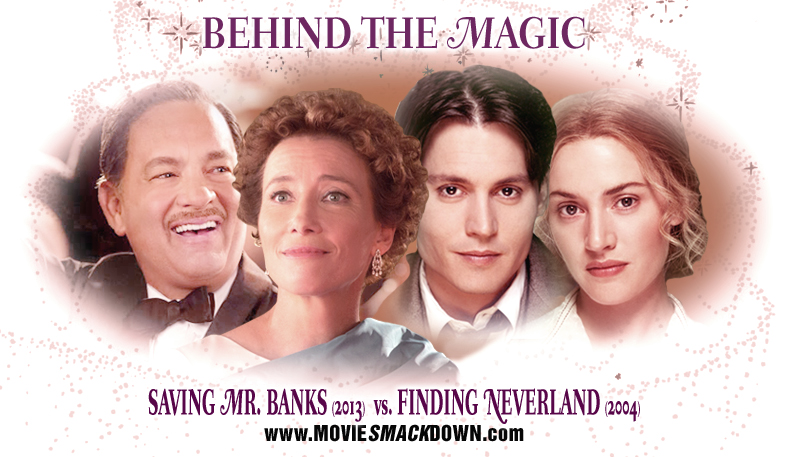
The Smackdown
Ah, the holiday season. What better time to take in a couple of films brimming with magic, wonder and childlike innocence? Especially when one whitewashes the story of a Machiavellian anti-Semite who played a role in the Communist witch hunts of the 1950s, and the other glosses over some nasty allegations of pedophilia?
Of course, our two Smack opponents have more in common than just some behind-the-scenes ugliness. Both the newly released Saving Mr. Banks and Finding Neverland, a holiday offering from 2004, are also lovingly crafted odes to the transformative power of the imagination. Each sheds light on the creation of a brilliant and enduring children’s story, illustrating how the authors’ unhappy personal lives ignite their work. And both succeed so well on their own terms that they can be forgiven for their historical oversights.
Mr. Banks tells the story of how the iconic Mary Poppins made it to the big screen in the summer of 1964, while Neverland brings to life the inspiration behind the tale of Peter Pan, specifically the play, which was first produced just after Christmas in 1904. Both the original works and these films about them are living testaments to the escapist power of finely crafted entertainment. And now, with this Smackdown, we add another layer to the mix: Come fly away with us as we determine which film about the making of these classic works is sprinkled with fairy dust and which gets sent to its room.
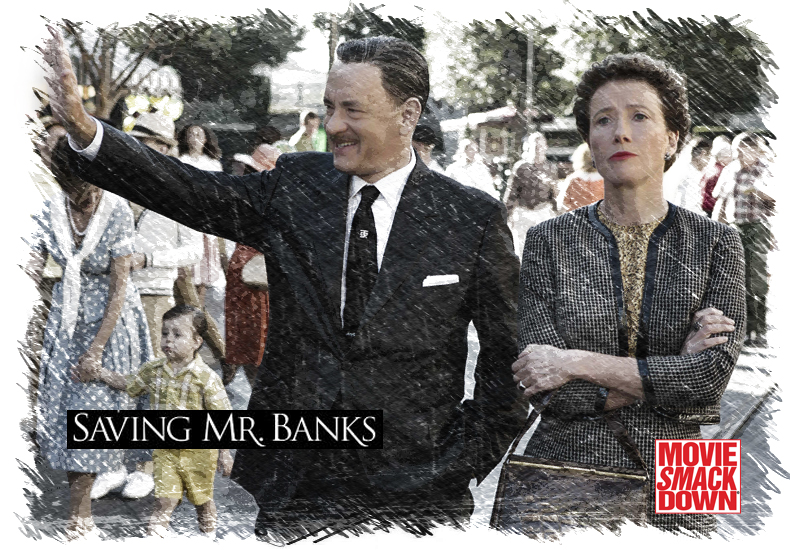 The Challenger:
The Challenger:
Saving Mr. Banks begins in 1961, when increasing financial difficulties and dwindling sales force novelist P.L Travers to finally entertain Walt Disney’s offer to turn one of the books in her beloved Mary Poppins series into a film. Travers (Emma Thompson) flies from her stuffy London home to Burbank to meet with Disney (Tom Hanks), even though he stands for everything she hates. “I know what he’s going to do to her,†she says with uncanny prescience. “She’ll be cavorting and twinkling.â€
Travers maintains final script approval, declares there will be no singing or animation, and even tapes every brainstorming session because she doesn’t trust the Disney minions. For the next two weeks, as screenwriter Don DaGradi (Bradley Whitford) and the songwriting Sherman brothers, Richard (Jason Schwartzman) and Robert (B.J. Novak), try to woo her with illustrations of the characters and jaunty tunes, Travers looks on with thin-lipped disapproval, fighting them tooth and nail on every detail.
As they duke it out in the present, flashbacks to Travers’ childhood in rural Australia show us why she sees Mary Poppins as family. Travers’ father (Colin Farrell) is a fun-loving dreamer who inspires his daughter (Anne Rose Buckley) to use her imagination to avoid the harsh realities of the world they live in. Like Mr. Banks in the Mary Poppins story, Travers’ father is a bank manager, but he’s hanging onto his job by a thread due to his alcoholism. As Disney pieces together Travers’ own story, he eventually manages to persuade her to entrust him with her creation.
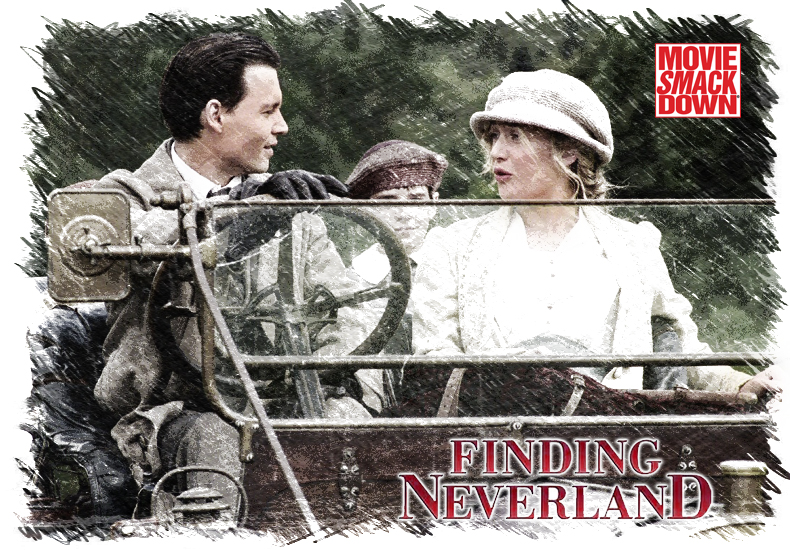 The Defending Champion:
The Defending Champion:
Finding Neverland is both “inspired by true events†and based on the play The Man Who Was Peter Pan by Allan Knee. After his latest play flops, J.M Barrie (Johnny Depp) is at a loss for what to do. His beleaguered agent (Dustin Hoffman) is pressuring him to write a new, more commercial play, but Barrie has a severe case of writer’s block, partly due to his grim marriage to an icy, social climbing wife (Radha Mitchell), with whom he can’t seem to connect.
One day while trying to write in the park, he meets the Davies family, four young boys and their widowed mother Sylvia. The Davies are quickly captivated by Barrie’s imaginative play — all except for Peter, who has taken his father’s death hard and has lost his sense of childish wonder. Eventually though, Peter too is drawn in to Barrie’s fantasy world of Indian chiefs, pirates and children who can fly. The man who refuses to grow up has found inspiration from the boy who has grown too soon.
Of course, as a popular playwright, Barrie’s comings and goings are watched closely by other members of high society. People whisper about the relationship with his new lady friend and even that his interest in the boys is unnatural. But Barrie pays little heed and concentrates instead on his newest play, inspired by his time with the Davies family, Peter Pan.
The Scorecard:
As with most Hollywood biopics, both Saving Mr. Banks and Finding Neverland gloss over the stickier bits of their characters’ lives and change historical facts to suit their stories. Travers, who had an early career as an actress, had love affairs with both men and women, and even had an adopted child, was not, as the movie presents her, a buttoned up, sexually repressed spinster. But that doesn’t fit the narrative from screenwriters Kelly Marcel and Sue Smith under John Lee Hancock’s spirited direction. Similarly, J.M Barrie was inspired to write Peter Pan by several families, not just the five (not four) Davies. children, and Sylvia Davies was not yet a widow when they met. Even more intriguing, the talk of Barrie’s pedophilia might have been more than just rumors. That darkness isn’t addressed head on, with screenwriter David Magee and director Marc Forster portraying Barrie as an almost asexual innocent, a man-child whose imagination enriches the lives of four fatherless children and teaches them to find joy in everyday adventures. Barrie is, essentially, Mary Poppins without the magic bag and silly songs.
It’s not surprising that Walt Disney’s darker side is mostly ignored in Banks; it is, after all, Disney’s name on the logo that opens the film. At least we’re allowed to see the his character through Travers’ jaundiced eye; even when he’s on his best behavior the script never lets us forget that he wants something from her. This is due mostly to Tom Hanks, whose performance captures Disney as a charming, avuncular visionary, with traces of a ruthless mogul and manipulator underneath. Still, this is Travers’ story, and Emma Thompson carries it beautifully. One moment, her biting comments vacillate between hilarious and exasperating; the next, she is incredibly vulnerable and empathetic, complex and contradictory.
Kate Winslet does an admirable job as Sylvia Davies, but she is not given much to do besides act saintly as she succumbs to a respiratory illness. The real surprise in Neverland is Freddie Highmore as Peter, who is introverted and intense, skeptical of Barrie’s imaginative play and unwilling to go along with Barrie’s childish games. When Sylvia’s condition worsens, the other boys believe the grownups’ lie that it’s nothing to worry about. But Peter flies into a frenzy, destroying the notebook Barrie gave him, screaming “I won’t be made a fool of!†A performance like this, especially from a child of nine, is a revelation. Â
The Decision
Choosing between a film with the always wonderful Kate Winslet and one starring the miraculous Emma Thompson is something of a Sophie’s Choice for me. I have been a huge fan of both actresses since seeing them play sisters in Ang Lee’s Sense and Sensibility. And just as Thompson’s deeply felt performance easily outshines that of her talented rival, Saving Mr. Banks is the film that elicited more of an emotional response in me. While both films are somewhat diminished by more than just a spoonful of sugar-coating, Banks stayed with me after I left the theater in a way that  Neverland did not. Even now, several days later, I find myself absent-mindedly humming Let’s Go Fly a Kite, thankful that the studio convinced Travers to loosen up and let those Sherman brothers do their thing.



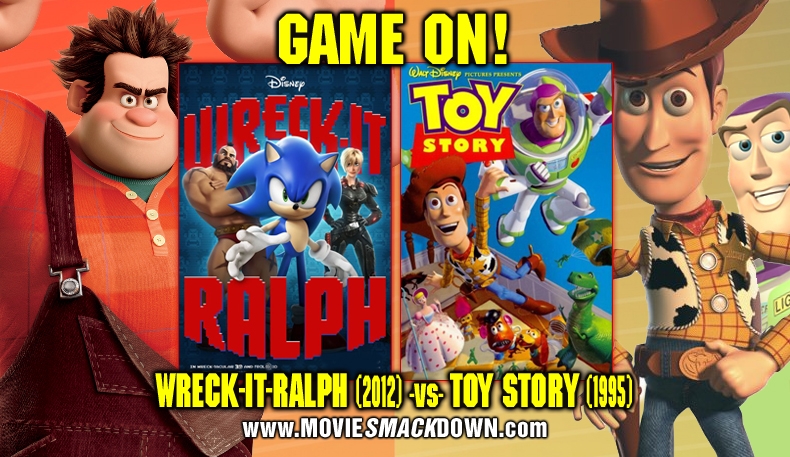
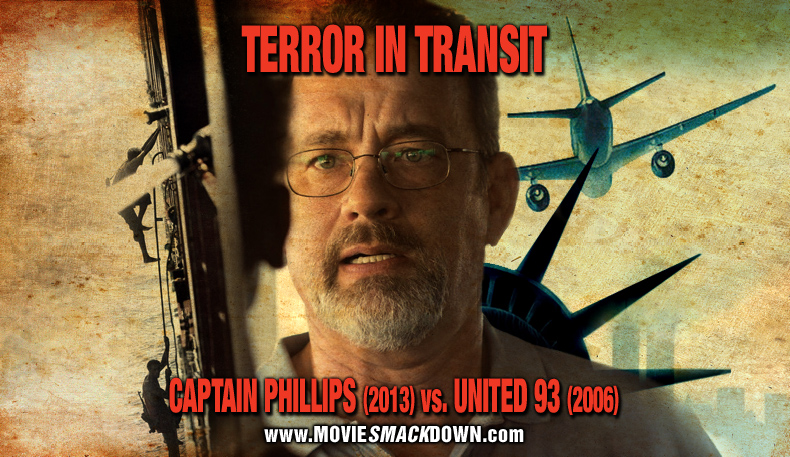
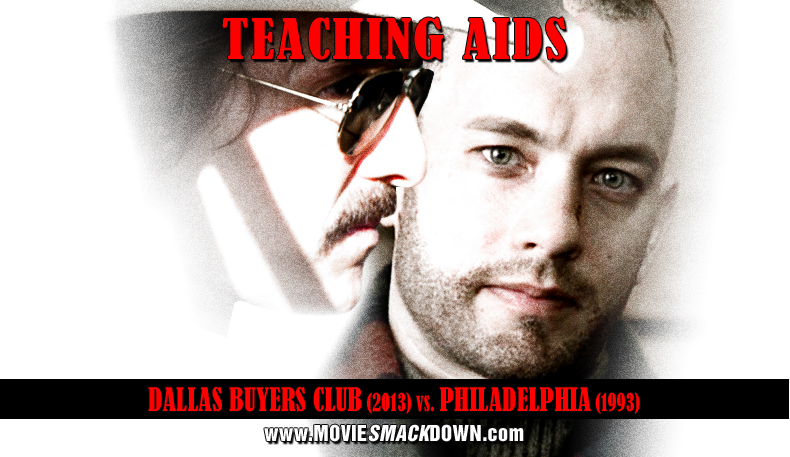
Leave a Reply